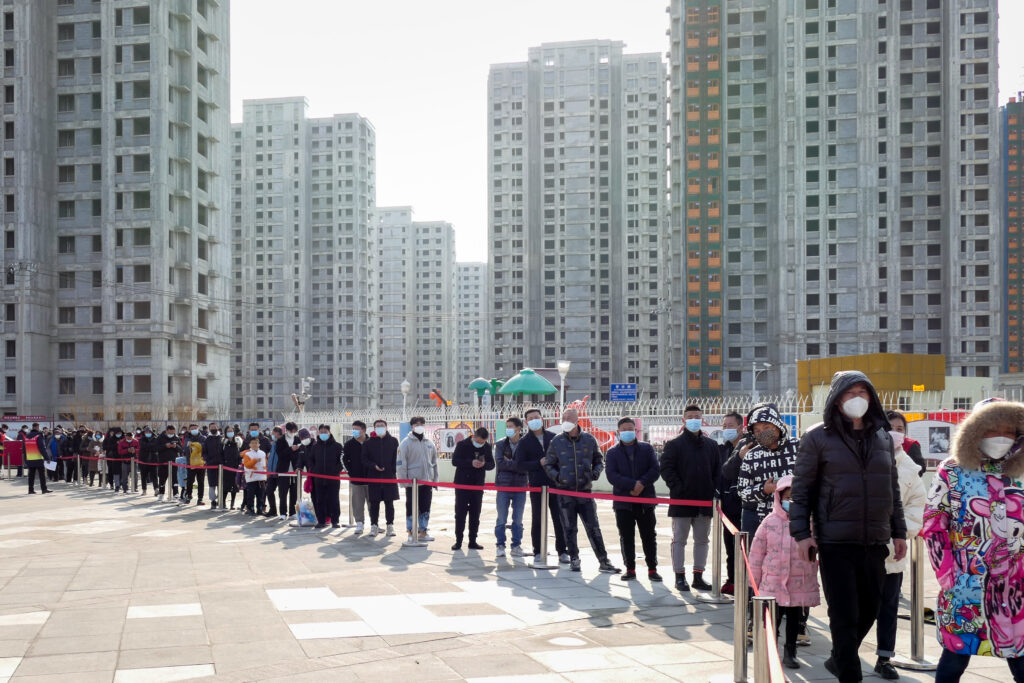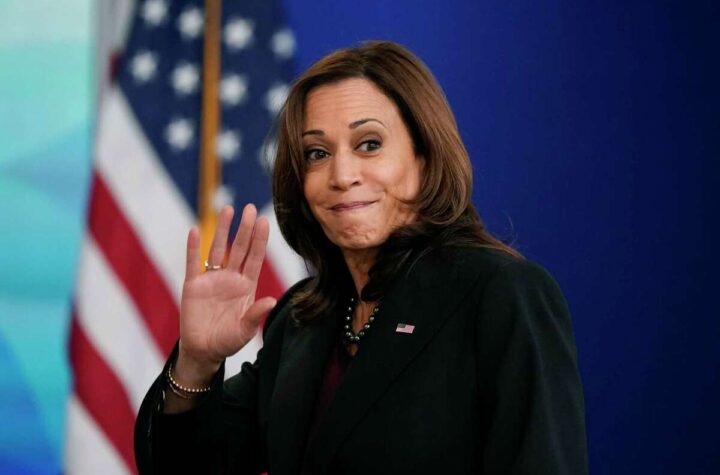Inflation. War. Covid is already enforcing lockdown déjà vu in China. It’s a perfect storm for the global supply chain, which determines how commodities and resources travel from other countries to people like you and me.
When there are interruptions in China, it is noteworthy since the country houses nearly a third of the world’s manufacturing capacity.
If you buy something online, chances are it was created in Shenzhen, a metropolis of 17.5 million people in the south-east that is home to approximately half of China’s online retail exporters.
As a result, when Shenzhen went into a six-day lockdown on Sunday following a large increase in COVID cases, it sent shockwaves across the global business community.
Yantian is the same port that was closed last year due to COVID, creating huge delivery delays around the holidays.
The new curbs come just as China’s manufacturing output was beginning to improve following the Chinese Lunar New Year holidays in February.
While China’s COVID restrictions are harsh, at least the majority of lockdowns are brief.
This time around, businesses appear to be considerably more prepared.
Amazon, for example, purchased more China-based inventory to mitigate any potential problems during previous Omicron surges, and it does not expect a major disruption from the new steps.
China’s zero-Covid – or virus-elimination – plan has received renewed attention as a result of the issue.
President Xi Jinping said the country would keep to its policies on Thursday, but he also stressed that pandemic measures should not create economic hardship in a meeting of the country’s top leaders.
If China maintains its COVID strategy of zero or near-zero, China’s economy and the global consumers it serves may bear the brunt of the consequences.
There are hints that it is enforcing longer-term costs, which is causing some corporations to reconsider their positions in China.
According to Michael Hart of the American Chamber of Commerce in China, a number of his members have been considering shifting operations, but this is still a small percentage.











More Stories
Disneyland workers have expressed that they are living in cars and motels due to their low pay
Denmark issues a recall on Korean ramen due to its excessive spiciness.
Elon Musk predicts that artificial intelligence will automate many jobs.